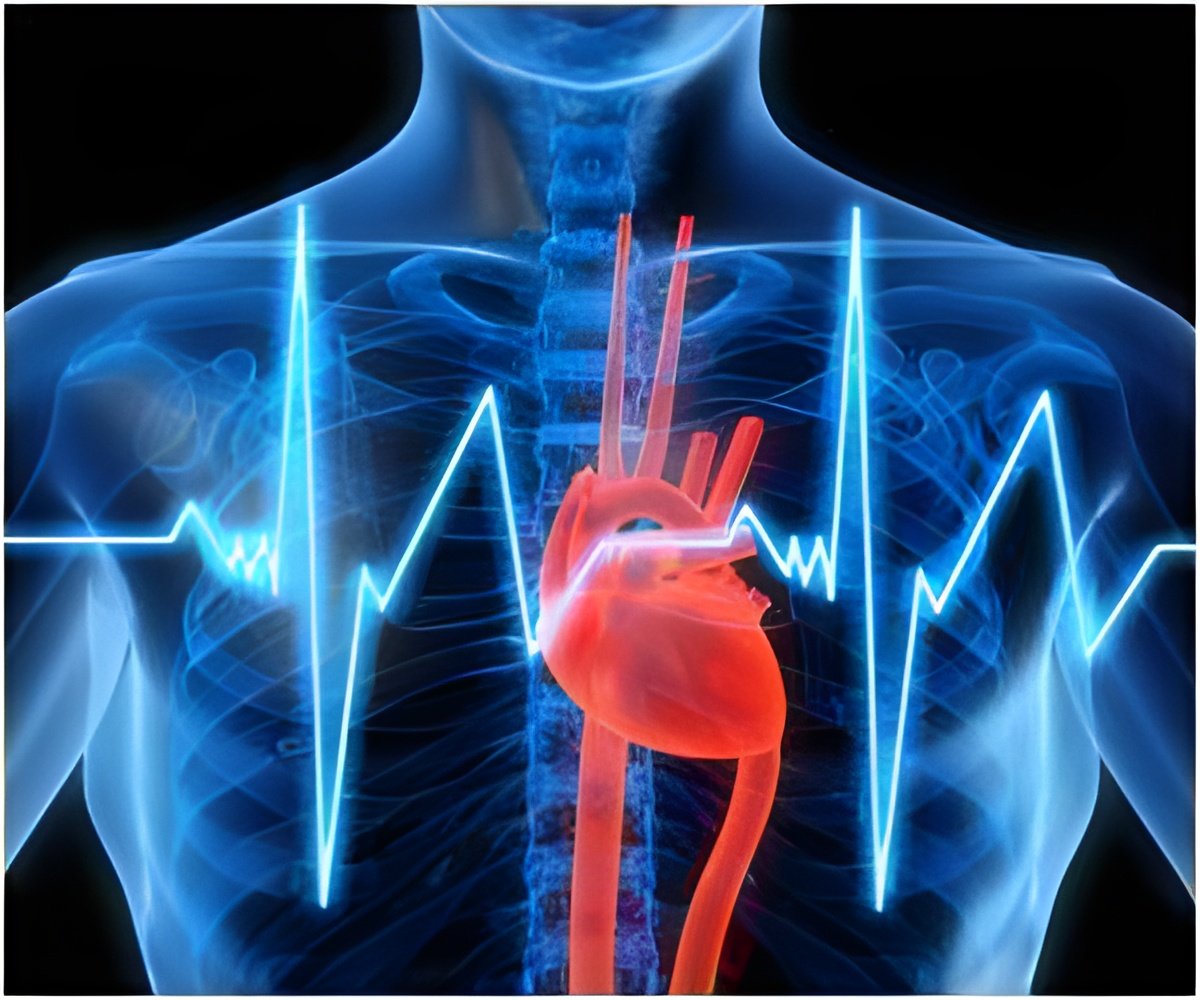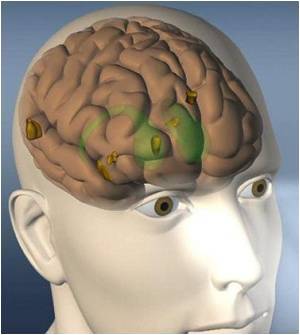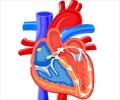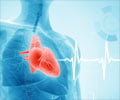Heart's response to an early beat is predictive of cardiac death, pointed out in a recent study.

"These are people we do not expect to die of cardiac causes. They appear healthy, but they're not. We have shown a way they're not healthy that isn't showing up using standard tests," said Phyllis K. Stein, research associate professor of medicine and director of the Heart Rate Variability Laboratory at the School of Medicine.
The new study indicates that abnormal response to an early beat in the left ventricle can identify high-risk patients even when they have no other evidence of cardiovascular disease.
When the ventricle beats early, the heart has not finished filling and it pumps less blood to the body than it should. To compensate, the heart rate speeds up to increase blood flow.
But an early beat also empties the heart early, leaving extra filling time afterward. So on the second beat after the VPB, the heart is extra full and pumps more blood to the body than it should. To compensate properly, the heart rate slows down.
A healthy heart will alternately speed up and slow down to compensate for the over- and under-filling that follows a VPB until the amount of blood filling the heart returns to normal.
Advertisement
The patients were divided into three groups based on an assessment of their cardiovascular health but the association was especially strong in the healthy group.
Advertisement
"They're actually not healthy," Stein said. "Something is wrong. But the conventional risk factors don't pick it up."
Stein and her colleagues also looked at levels of C-reactive protein, a measure of inflammation associated with cardiovascular disease. While C-reactive protein predicted cardiac death in the healthy group, it had no impact in the subclinical and clinical groups.
Stein speculates that this work and other studies showing the value of measuring heart rate turbulence may make the Holter software more widely available.
The work appears Feb. 15 in the Journal of Cardiovascular Electrophysiology.
Source-ANI















